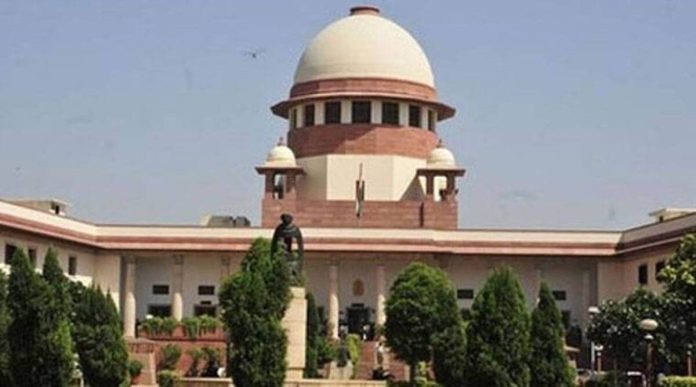- As you are aware, any laws promulgated by the legislature and duly passed by the Parliament after following the due processes should also pass the Constitution’s muster in letter and spirit. There should be no ambiguity on this front as the forefathers while drafting the Constitution were not only farsighted in their understanding of the democratic form of governance but also clear about the nuances surrounding the undercurrents that may be open to several interpretations. Hence, lots of collective thoughts, efforts, and visualization went on before the Constitution was framed right after the independence. Of course, in keeping with the fast-changing times, several Constitutional amendments too were incorporated with the basic premise remaining unaltered.

PC: Jatinverma
- As the modern-day evolves at a fast clip riding on the technology-driven revolutionary developments, demands to alter the original provisions of the Laws too were par for the course move. To its credit, the Supreme Court of India has truly lived up to its reputation as the guardian of the Constitution stepping up whenever its attention was required. Of course, there were several instances when the legislature and the executive cried hoarse labeling the Supreme Court interventions as judicial activism on certain matters. Yes, there were merits in a few cases but the majority of interventions have proved to be timely as well. However, none can dispute the honest intentions of the SC in ensuring the interests of the common citizens are not compromised.
- In one such instance of late, the Supreme Court struck down some controversial dimensions of the Benami Transactions (Prohibition) Amendment Act, 2016, and the parent legislation enacted in 1988. This was exactly the right thing to do – the amendments sought to bypass constitutional safeguards against retrospective application of penal provisions, as detailed in Article 20. Note that this was first struck down by the Calcutta high court and the verdict was upheld by the apex court when the government appealed. Further, the SC verdict also concluded that other parts of the law are problematic too. The amendments reversed the burden of proof and attached criminal provisions that included up to seven years of rigorous imprisonment. Very apt indeed.

PC: Team OpenNaukri
- Further, certain concerns are raised from different quarters on matters such as Constitutional rights and principles of natural justice expecting the SC benches to have the same broad approach. After all, SC’s highest calling is to protect rights and the Constitution. Thankfully, SC is living up to the expectations by deciding to list a review petition of a judgment that upheld the disquieting features of the Prevention of Money Laundering Act (PMLA). Mind you, no country can afford to take economic offences lightly. But neither can it afford to circumvent established principles to produce results. Indeed, the established principles are a safeguard against the miscarriage of justice and abuse of power. The governments could follow such a philosophy too.






